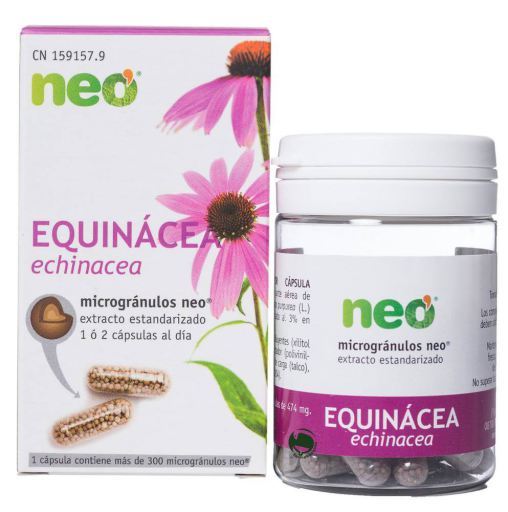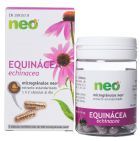en
BLACK FRIDAY Discounts up to 55% and 8% EXTRA
Minimum order amount 59,00€
Your coupon
24BF8
BLACK FRIDAY Discounts up to 55% and 8% EXTRA
Minimum order amount 59,00€
Your coupon


Dry extract of aerial part of Echinacea (Echinacea purpurea L. Moench) standardized to 3% in polyphenols: 200 mg
